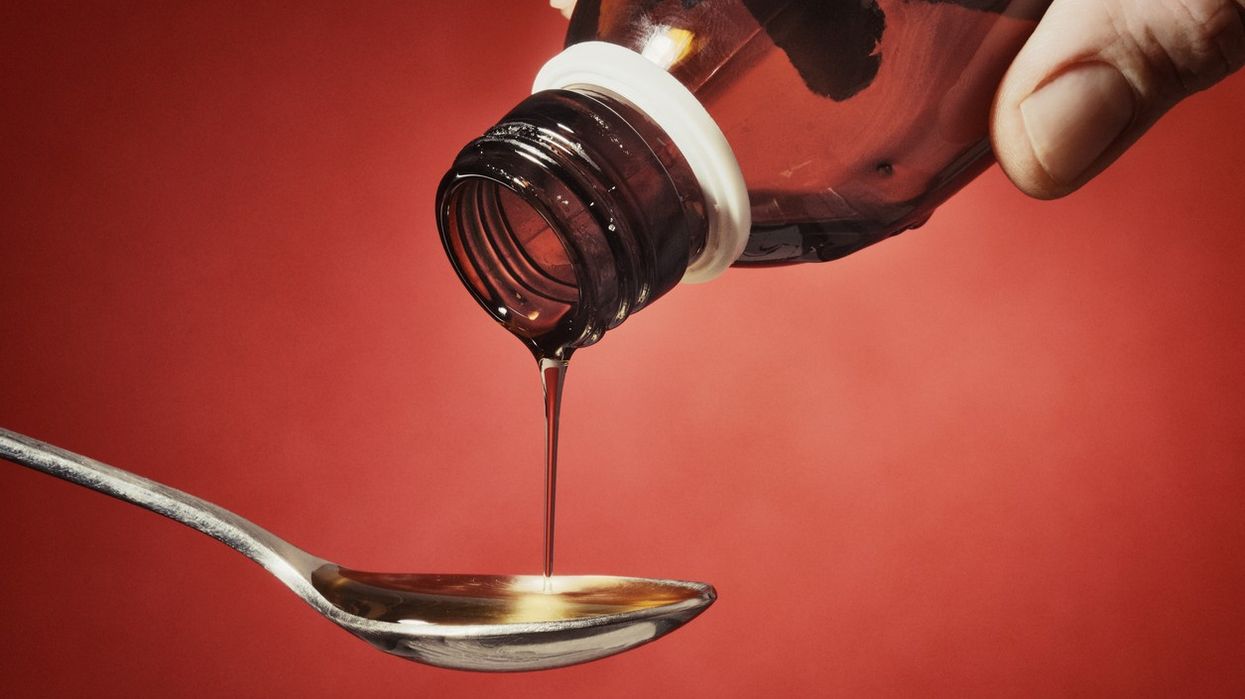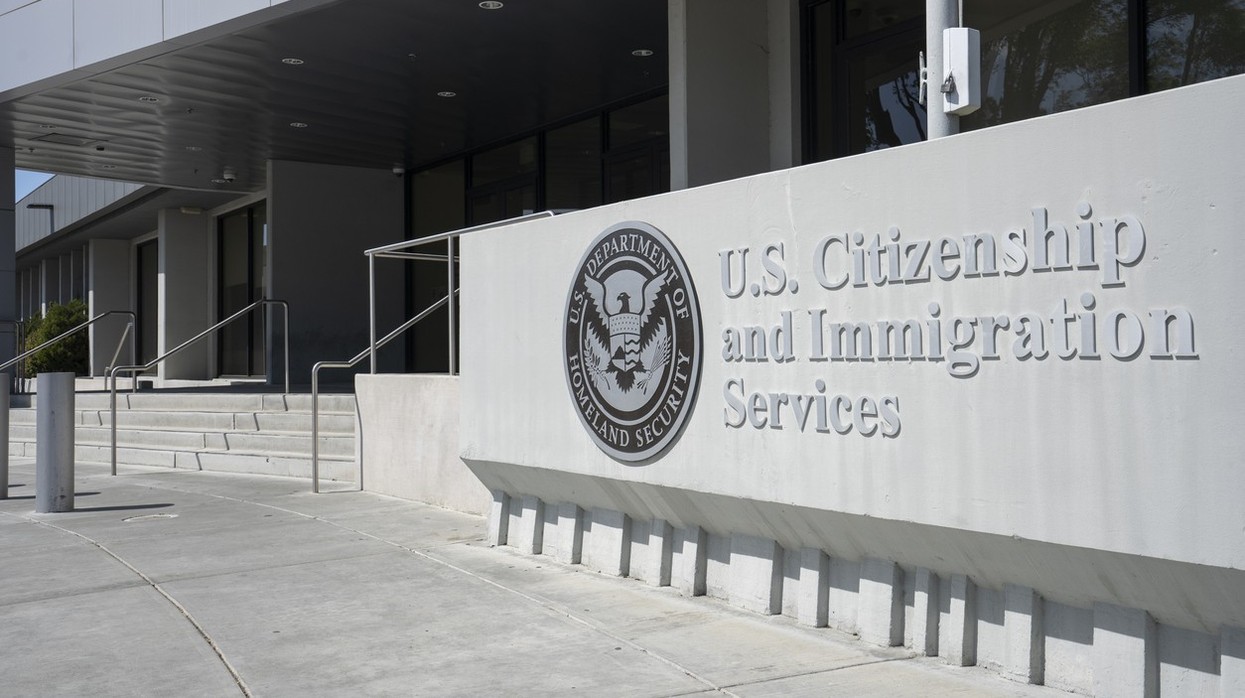- 14 children in Madhya Pradesh died after consuming Coldrif cough syrup made in Tamil Nadu.
- Over 350 violations found at Sresan Pharmaceutical Manufacturer near Chennai.
- Syrup contained 48.6 per cent Diethylene Glycol — a poisonous chemical.
- Factory lacked hygiene, proper equipment, and trained staff.
Authorities ordered a product recall and state-wide alert on related medicines.A pharmaceutical unit in Tamil Nadu, now sealed by authorities, has been found with more than 350 violations after its cough syrup was linked to the deaths of 14 children in Chhindwara, Madhya Pradesh.
The Coldrif Syrup, produced by Sresan Pharmaceutical Manufacturer near Sriperumbudur, contained toxic levels of Diethylene Glycol — a chemical often used in industrial products and known to cause kidney failure.
When officials visited the factory, they found it abandoned. Plastic containers, broken equipment, and half-burnt labels littered the premises. Neighbours said the small unit employed about ten workers who recently mentioned the facility would soon shut down. The Tamil Nadu Drugs Control Department has issued notices to the owner, Dr. G. Ranganathan, and the firm’s chemist, K. Maheswari, accusing them of serious violations under the Drugs and Cosmetics Act.
The factory’s products were declared “Not of Standard Quality” and “adulterated.” Its cough syrup labels also failed to include mandatory safety warnings, such as restrictions on use for children below four years. Officials have ordered the company to recall all stocks and submit detailed records of raw materials and distribution.
Investigations revealed that Ranganathan had previously run another pharmaceutical company, which was shut down in 2009. He later started this sole proprietorship, which has operated since 2011. The Madhya Pradesh FDA alerted Tamil Nadu regulators after confirming that the fatal syrup was made there.
Inspectors found shocking lapses — cracked walls, leaking equipment, no air filtration system, and even a domestic gas cylinder being used in the production process. The unit reportedly had fewer than ten untrained staff members and no proper system for quality control or product recall.
Authorities stated that the company utilised raw materials of non-pharmacopoeial (non-medical-grade) quality, lacked purchase records, and failed to adhere to standard manufacturing practices. The findings have prompted a state-wide alert, with chemists and hospitals instructed to withdraw any remaining stock of the syrup.















